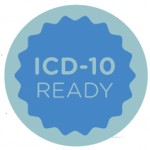The Annual Meeting Planning Committee believes the best ideas come from our members! We need your input in developing educational content that best suits the needs of our target audience. Take advantage of an opportunity to share your ideas with your colleagues by submitting a proposal for the 2016 ACR/ARHP Annual Meeting. The deadline to…



